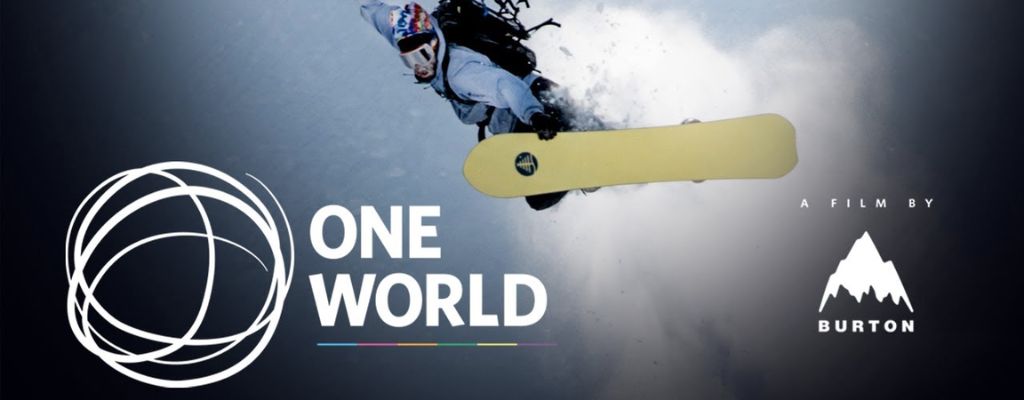
Introduction to Burton
Burton Snowboards is one of the most iconic brands in winter sports. Founded in 1977 by Jake Burton Carpenter, Burton has been a driving force in the development of snowboarding as a sport and culture. Today, Burton is the world's leading manufacturer of snowboards and related gear, with a global team of riders who are passionate about pushing the boundaries of what is possible on a snowboard.
But Burton is more than just a snowboard company; they are also a powerful force for good in the world. Through their charitable foundation, Burton Snowboards Outreach, they work to empower communities and individuals through the sport of snowboarding. One of their key initiatives is working with underprivileged youth, providing them with access to quality equipment and instruction so that they can experience the joys and challenges of riding.
The History of Burton
Since 1977, Burton Snowboards has been committed to empowering communities through the sport of snowboarding. From its humble beginnings in Vermont, Burton has grown to become the world’s leading snowboard brand, with a global reach that extends far beyond the mountains.
Burton commitment to social impact is evident in everything they do, from supporting environmental initiatives to increasing access to the sport for underprivileged youth. One of Burton’s most notable social impact programs is their “First Tracks” program, which provides free snowboarding lessons and equipment to inner-city kids who would otherwise never have the opportunity to experience the joy of riding a snowboard.
Burton work in the community goes beyond just providing access to the sport; they are also working to break down barriers that prevent people from participating in snowboarding. One way they are doing this is by partnering with organizations like Change The Game Academy, which provides training and resources for female coaches and athletes in order to increase participation of women in winter sports.
How Burton Empowers Communities Through Snowboarding
Burton Snowboards has always been a company with a social conscience. Founder Jake Burton Carpenter was an early adopter of sustainable business practices, and the company has long had a commitment to giving back to the communities where they do business. In recent years, Burton has ramped up its efforts to use snowboarding as a tool for social good.
Through its Empowering Communities program, Burton works with local organizations to provide snowboarding opportunities for underserved youth. The goal is to help young people from diverse backgrounds develop confidence and leadership skills through snowboarding. Burton provides financial support and equipment, and partners with experienced snowboard instructors to deliver quality programming.
Social Initiatives Supported by Burton
Burton has long been a supporter of social initiatives that empower communities. From its early days as a company started in a Vermont garage, Burton has been committed to giving back to the sport of snowboarding and the communities where it takes place.
Other social initiatives supported by Burton include the Stoked Mentoring Program, which provides mentorship and skills training for at-risk youth through action sports; First Descents, which offers outdoor adventure therapy programs for young adults affected by cancer; and the Chill Foundation, which uses snowboarding as a tool for personal empowerment for inner-city youth.
Conclusion
Burton efforts to use snowboarding as a way to empower communities has been an inspiring example of how businesses can make a positive social impact. Through their initiatives, they have helped promote respect for the environment and provided young people with life-changing opportunities. By supporting local organizations and giving back to those in need, Burton is showing that it is possible for companies to be both profitable and philanthropic at the same time.

